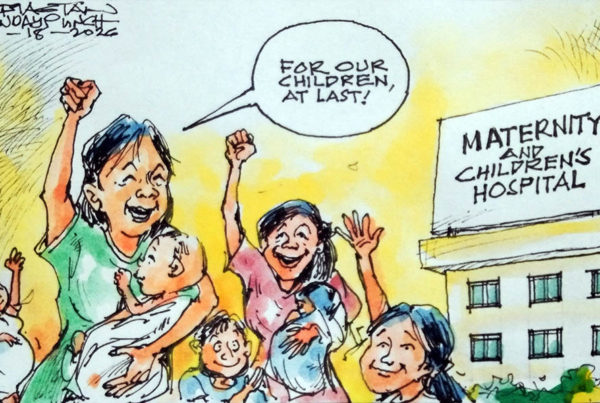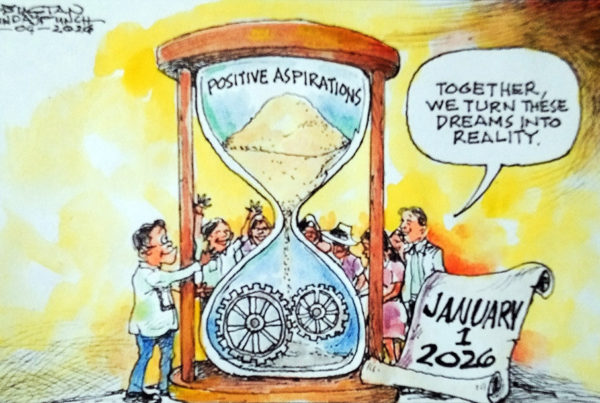Editorial
The hazardous dry season
EL NIÑO is undoubtedly upon us. Already, the small agricultural town of Sto. Tomas has had to declare a state of emergency with hundreds of hectares of rice and corn farms affected by the drought. This is but the tip of the iceberg but it should serve as a fair warning for the entire province to start acting now to mitigate the impact of this dry weather phenomenon.
One crucial item that is needed right away is a public policy on water conservation.
The provincial administration under Gov. Amado Espino should not wait for the national government’s lead to avert a state of calamity in Pangasinan. The city and municipal government units can also take initiatives to address the situation in their local communities. But a Pangasinan-wide policy, with the provincial administration leading the other local government units, would be ideal and crucial.
The Espino administration should start drawing up measures to be adopted by LGUs on, among other things, the priority uses of available water resources to meet as much as possible the requirements for irrigation and household use, and how households can themselves contribute to conservation efforts.
Communities need to be reminded that aside from agricultural production, the other major victim of El Niño would be the people themselves what with a prolonged dry season with extreme heat and sufficient water supply at risk.
Our health officials should be put to task to ensure that health threats arising from this hot climate are managed well in terms of both prevention and treatment.
The most obvious health risk that could be brought on by El Niño would be conditions related to heat, including rashes (especially among children), heat stroke (especially for the adult and senior population), and basic heat exhaustion, which could affect everyone and may lead to other serious ailments such as internal injury organs. The best way to combat these threats involves the use of water: drinking more and regular baths, which brings the issue back to how important it is to use this limited resource wisely.
With more people expected to flock to air-conditioned commercial establishments such as malls and diners, the spread of contagious diseases could easily accelerate and so the public must be extra guarded.
Food poisoning is also a serious threat with food exposed to the extreme heat, especially for a prolonged period.
Fire could also be readily triggered and so people should be more cautious about potential hazards, at the same time keeping in mind that water sources for putting off the blaze might prove to be an additional problem.
El Niño is here. The LGUs and the communities need to start working together to avoid and minimize the negative effects of this setback brought on by nature. And they need to start acting now.









